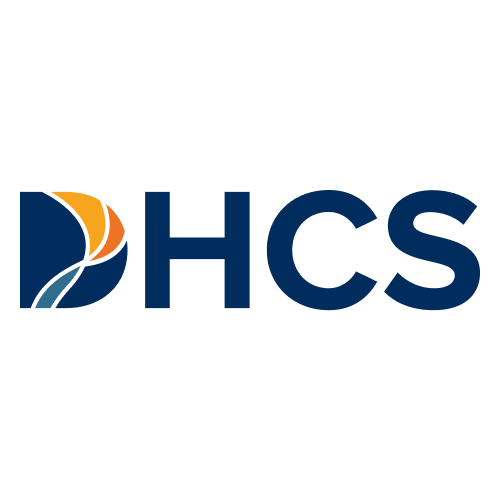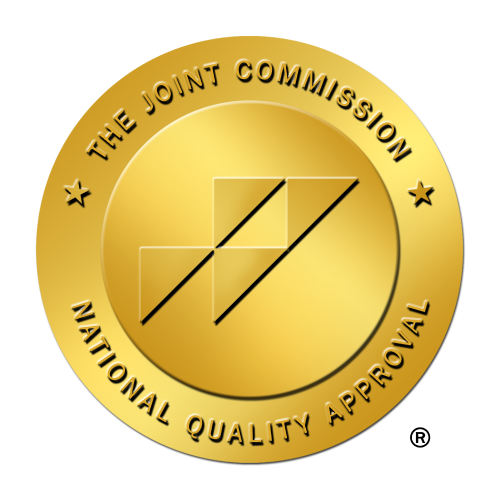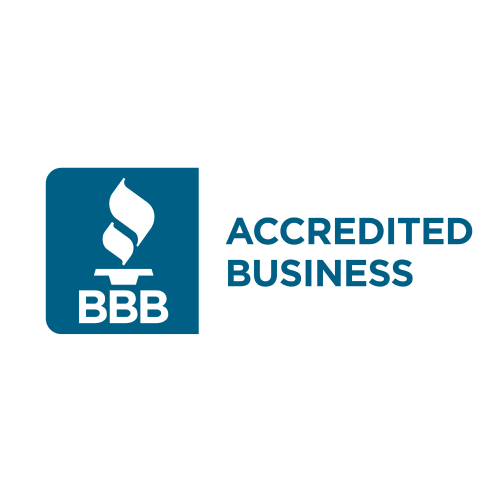Our Treatments
A Better Path Treatment Programs uses a wide variety of evidence-based curriculum. Our groups help our clients develop and hone the necessary skills needed to maintain long-term recovery. Topics include stress management, effective communication, managing emotions, managing overall wellness and relapse prevention. Our team of counselors help clients change their negative mindsets, thoughts and behaviors which contribute to their addiction.
A Better Path Treatments and Approach
A Better Path Treatment Programs provides evidence-based treatment and therapy programs to help clients overcome addiction and achieve long-term recovery. Our team of certified counselors uses a variety of therapies and treatments, including relapse prevention and coping skills, Motivational Interviewing (MI), Cognitive Behavioral Therapy (CBT), Dialectical Behavior Therapy (DBT), group family therapy, and trauma therapy. We believe that a whole-patient approach is necessary to treat addiction and substance abuse, and our goal is to help clients discover the roots of their addiction and develop new coping skills for overcoming barriers to recovery.
Residential Treatment
Residential treatment, also known as inpatient treatment, is an effective approach to recovery. Having a safe, stable atmosphere away from home helps our clients to take a step back from their daily lives to fully focus on their path to healing. Clients live at our property in a private residential neighborhood, allowing them to focus on recovery without any distractions or interruptions. While immersed in a recovery-oriented environment and surrounded by supportive peers and professionally trained staff. Clients participate in a variety of holistic and evidence-based curriculum, our goal is to help them discover the roots of their addiction and develop new coping skills for overcoming barriers to recovery.
Medication Assisted Treatment
A Better Path Treatment Programs can provide information linkage to consultations for those interested in Medication Assistance Treatment (MAT).
Treatment & Therapy
We believe gender specific treatment is important in recovery because it provides individuals with the best opportunity to fully explore some of the underlying gender specific issues that are contributing to their addictive behaviors. We encourage our clients to identify those issues that are most significant in their recovery.
Drug Addiction
Drug addiction – Drug addiction, also called a substance use disorder, drug addiction is a condition that causes someone to use alcohol and/or drugs compulsively despite negative consequences to their health, relationships, and well-being.
Substance use disorder is a complex neurobiological disease that requires integrated treatment of the mind, body, and spirit. It is considered a brain disease because drugs change the brain‚ its structure and how it works. It is a disease that affects a person's brain and behavior and leads to an inability to control the use of a legal or illegal drug or medicine. For others, particularly with opioids, drug addiction begins when they take prescribed medicines or receive them from others who have prescriptions. Some of the short-term effects of drug abuse and addiction include changes in appetite, movement, speech, mood, and cognitive function.
Alcohol Addiction
Alcohol addiction - Alcohol use disorder is a pattern of alcohol use that involves problems controlling your drinking, being preoccupied with alcohol, or continuing to use alcohol even when it causes problems. This disorder also involves having to drink more to get the same effect or having withdrawal symptoms when you rapidly decrease or stop drinking. Alcohol use disorder includes a level of drinking that's sometimes-called alcoholism. A person with alcoholism is not just when a person occasionally misuses alcohol, wine, liquor, or beer. People occasionally overindulge, however if the use of alcohol causes consequences beyond a once-a-year celebration headache, you might need help.
We Can Aid You In Your Success
Licensed and Certified by the Department of Health Care Services
A Better Path Treatment Programs accept most employer-provided PPO insurance, including all major companies. We provide pricing packages to those who prefer to avoid using insurance. Currently, we cannot accept State, County, or Kaiser insurance. To inquire about our pricing packages or for more information about our services, please complete the information form; one of our Admissions team members will contact you shortly.
License: 310037AP
Expiration: 02/28/2025







